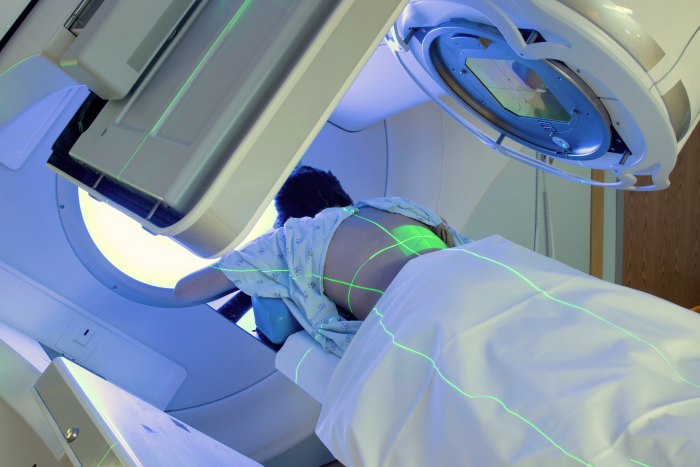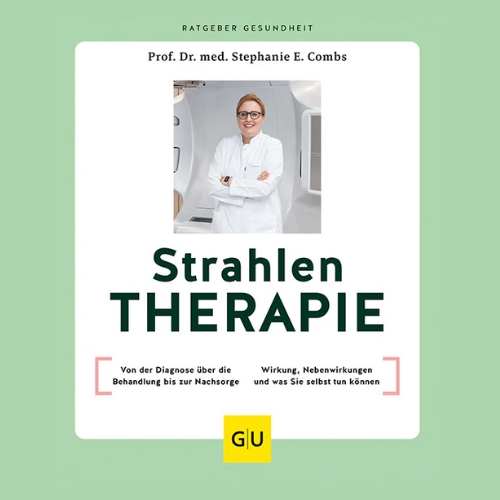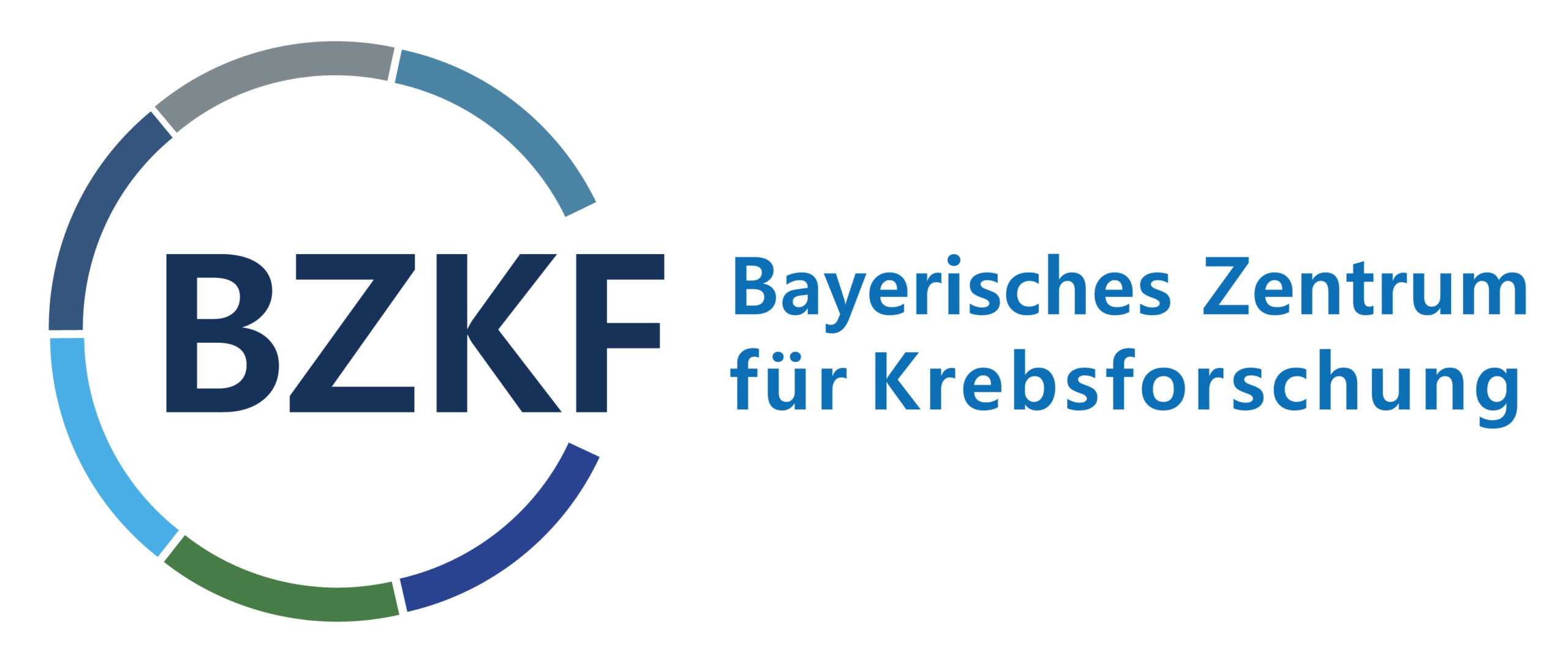What types of radiotherapy are there?
The type of radiotherapy differs depending on the type of cancer:
Percutaneous radiation is delivered through the skin. In brachytherapy, a small radioactive source is placed inside or in the immediate vicinity of the tissue to be irradiated in the body. The radiation is delivered over a very short distance and with a high radiation dose. In this way, the tumor can be treated intensively and precisely, while healthy tissue is spared.
With modern radiation therapies (intensity modulation, image guidance, adaptation, radiosurgery), side effects are often very low and ultimately depend on the size of the tumour and its location in the body (localization).

Radiation depending on the type of tumor
For certain types of tumor, radiotherapy is combined with other types of therapy in close temporal connection in order to increase its effect. In nuclear medicine, so-called radionuclide therapy is used: radioactive medication reaches the tumor directly via the bloodstream and accumulates on the cancer cells. The tumor cells are destroyed from the inside. The advantage of this method is that healthy tissue is spared. However, side effects cannot be completely ruled out. And: radiation is not an option for every type of cancer.
Frequency of irradiation
In order for the healthy cells to recover from a therapy session (fraction), it is necessary to allow the body a certain amount of regeneration time. The frequency and interval of the individual fractions depends on the tumor and must be determined individually for each patient. Whether daily, weekly or even several times a day - the exact treatment plan is determined by the treating physicians and discussed with the patient at the start of treatment. In the Comprehensive Cancer Centers (CCC) of the six Bavarian university hospitals, patients are actively involved in the decision-making process.
Recommended reading
As a leading expert in the field of radiotherapy/radiation oncology, Prof. Dr. Combs (Director of the Clinic and Polyclinic for Radiation Oncology and Radiotherapy, TUM Klinikum München) knows what worries accompany patients and their relatives. Scientifically sound, easy to understand and empathetic, she explains the effects of radiotherapy, possible side effects and accompanying therapies such as chemotherapy and immunotherapy. She also gives valuable tips on how everyone can optimally support the treatment through relaxation techniques, diet and exercise.
What is Shared Decision Making (SDM)?
Shared Decision Making (SDM) is based on information and co-determination by those affected and is currently being introduced at the BZKF sites. In the SDM process, patients decide together with the responsible experts at the Comprehensive Cancer Centers (CCC ) of the six Bavarian university hospitals exactly what a treatment plan looks like and whether adjustments need to be made during the course of treatment.
Telephone cancer counseling
You can also obtain further general information on the subject of cancer therapy via the free BürgerTelefonKrebs: 0800 85 100 80.
Our staff will be happy to answer your questions and help you!




